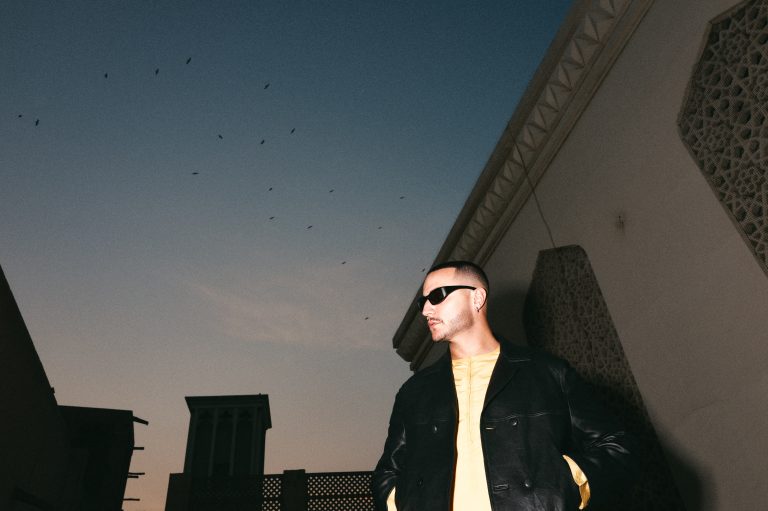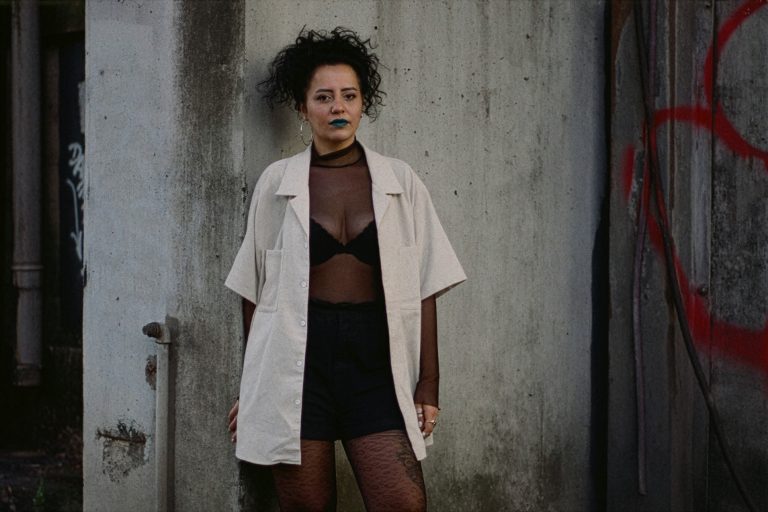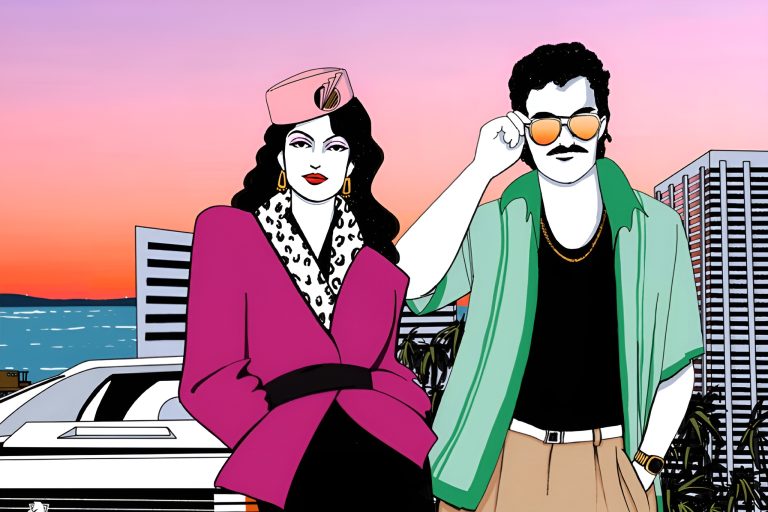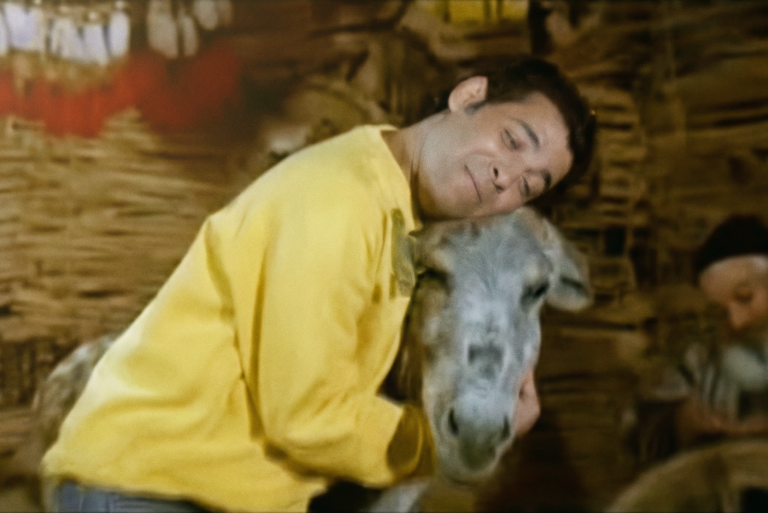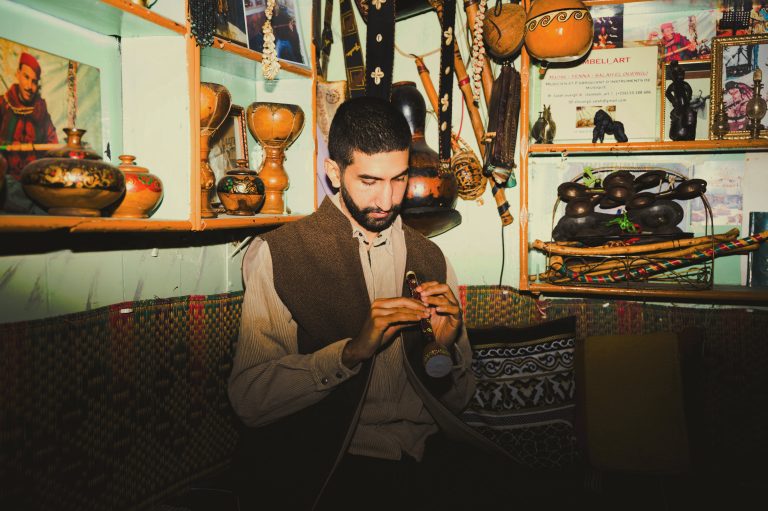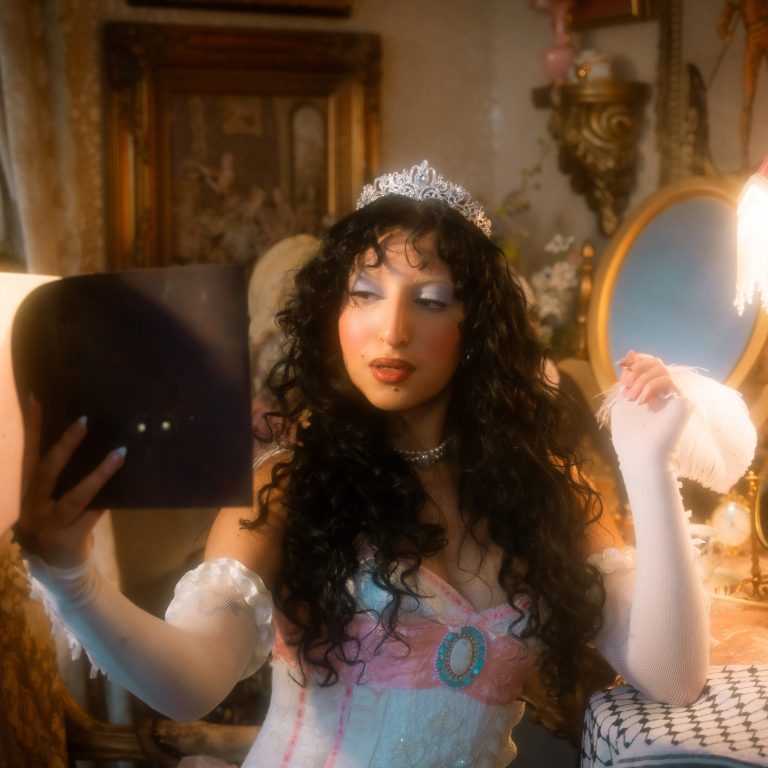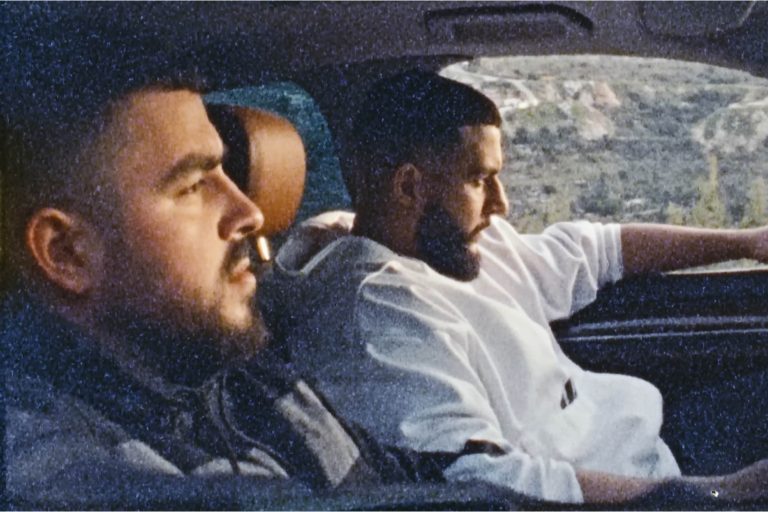At a private London screening of All That’s Left of You, there wasn’t a dry eye in the room. The kind of collective release only possible when something long silenced has finally been named.
A sweeping, intergenerational portrait of a Palestinian family, the film, written and directed by Cherien Dabis, opens with a simple, devastating line:
“In order to understand what happened to my son,” says Hanan — the film’s narrator and central character, also played by Dabis — “you have to understand what happened to his grandfather.”
That, in large part, is the film’s power: it insists on context. On truth. On tracing the story behind the image. In a world that has long dehumanised Palestinians, Dabis restores specificity, compassion, and memory.
“How do we tell the story of how we got here? Of how Palestinians became refugees? Why there have been so many uprisings?” she tells Rolling Stone MENA, over Zoom. “People understand that the State of Israel was created in 1948, but they don’t know what had to happen to Palestinians to create that state…
“The film is about a family surviving decades of political upheaval and personal loss,” she says. “How do you survive that? That’s the question that inspired the film.”
It’s also part of a larger question she’s been asking most of her life.
Growing up Palestinian in small-town Ohio, long before she had the language for it, Dabis was already navigating the disconnect between how she experienced her identity and how it was being portrayed. During the Gulf War, her family became a target: her father, a doctor, lost patients; her mother was verbally attacked. The Secret Service came to her school. They received death threats. It was then, aged 13, that she realised the media wasn’t neutral.
“I grew up watching Western media — and realising how dangerous its stereotypes could be,” she says. “Images of Palestinians throwing rocks… taken completely out of context. No history. No why. I wanted to give those images context: why is that teenager throwing that rock? Who died, and how?”

Her career — from Amreeka to Mo — has been revolutionary, pushing back against reductive narratives with nuance, humour, and depth. And yet still.
“Even we have been made to feel like we can’t talk about [Palestine],” she shares. “We’ve censored ourselves because of the level of censorship… It took me a long time in my career… I never would have been able to make this [film] sooner.”
The film almost never came to be. Dabis had spent nearly five months on the ground in Palestine, prepping the entire production with a mix of local and international crew. “We were planning to shoot all over the country — from Jericho to Nablus to Ramallah, Haifa, Jaffa — like everywhere,” she says. “We had just completed a full recce. People were excited. We were making a big, historic Palestinian film.”
Then, the day they returned to Ramallah, was October 7th.
“Everything started shutting down. It became clear we weren’t going to be able to shoot there. My foreign crew wanted to leave immediately. They were scared. I had to make sure they got out safely — but it was devastating to leave my Palestinian crew behind… It was one of the hardest things I’ve ever had to do,” she says.
They fled first to Jordan, then to Cyprus, the filming pushed back, and then back again. “We had to stop and start. We ran out of money. We had to raise more. Everything we spent in Palestine was lost — except for some of the props we were able to get out.” The film’s scenes were pieced together across multiple countries: Jordan, Cyprus, and Greece.
“We were literally making a Nakba film while watching a bigger Nakba unfold on our feeds,” she says. But the filmmaking process gave them something to hold onto; “a container for our grief… It went from being super important to being vital,” she says. “Like, this has to come out now. This should have come out yesterday.”
Dabis initially hesitated to cast herself as Hanan, the “earthy, grounded, spiritual mother” of the film – “the voice of healing.” Eventually, she came to realise Hanan was already inside her — the version of herself who had written the film.
“It does end up kind of falling on women to be not just the storytellers, but the healers,” she says. “We are forced to transmute our desire, our anger, because we’re not allowed to have those things.”
This, she says, is even more fraught for women under occupation, angry “not just at what’s happening to you, but to the men around you, the dehumanisation, the emasculation, the humiliation.”

The film is full of such violences. One scene — a father forced at gunpoint to insult his wife in front of their son — shows how occupation is “violent, vile, dehumanising,” fracturing not just bodies, but relationships, sullying everything.
“Occupation is such a polite term,” she says. “I just don’t think people fully understand what a decades-long military occupation does to people.”
Despite everything, the film ends not in rage, but in tenderness. Compassion. Dabis knows that suppressed pain can fester — but it can also be transformed. “If we can transmute it, it becomes a gift. If not, it becomes a terrible burden.”
But of course, there’s no happy ending here.
“I would say that I felt relief when the movie was done, but I didn’t,” she says. “The situation is ongoing.” The only relief comes from talking to audience members. “Though we’re paying the heaviest of prices, people’s hearts and minds are changing.”
She tells Rolling Stone MENA about the reactions. “People come up to me crying. Some say: ‘I identify as a Zionist… I didn’t know.’ And they just repeat: ‘I didn’t know…’
“Palestinians say it’s cathartic. That they see themselves in the story. That they laugh, feel hope. That means something moved through them… I’m really heartened that people — no matter who they are — are moved… and that they find hope in the film. During this time, to be able to find hope is important.”
As our conversation ends, I share a quote that’s been keeping me afloat: Helplessness is a tool of the oppressor, from Audre Lorde. Dabis nods. “Absolutely. Hope and joy – our hope and joy — it’s revolutionary.”
And so is this film — an all-important witnessing. Not just a work of art, but an act of defiance, remembrance, and love.


